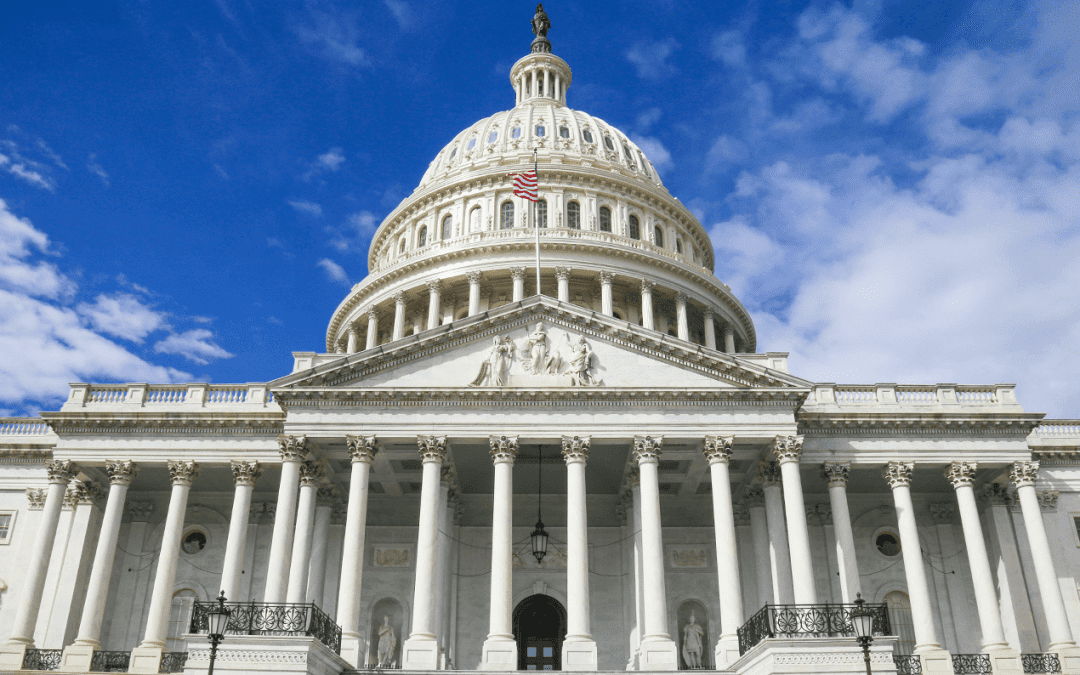“Research shows that it’s not fear that keeps people in line but legitimacy and trust.”
Of the many things to worry about in these vexing times, one of the most powerful yet invisible is the psychological effect that our leaders have on us.
Commenting on all the ways that our leaders can fail us, talk show host Tucker Carlson said recently, “People will not forgive weakness. That is the one thing.” And so that his three million viewers would know to take his word for it, he added, “By the way, that is not a partisan point. It is human nature.” According to this view, we want strong leaders who are ready to use force to protect us from harm.
As a psychologist who has studied human nature for three decades, I’d put my chips on a different universal: people act in ways that they believe are appropriate to the situation they’re in. But that calculation (What is appropriate?) is mutable, and Carlson affects how his viewers make the calculation when he propagates a view of social life as Hobbesian, where the main solution to pervasive threats is strength. Science tells us that the world is not Hobbesian, at least not necessarily. But leaders and media pundits can make it Hobbesian by spreading a view of society as filled with threats.
Science tells us that the world is not Hobbesian, at least not necessarily. But leaders and media pundits can make it Hobbesian by spreading a view of society as filled with threats
Research repeatedly shows a more cooperative side to human nature than the one Carlson conjured, one that emerges when the situation is right. In one ingenious line of studies, people forced to make fast, impulsive decisions behaved more cooperatively and less greedily than people forced to reason things through. It seems that cooperation comes naturally to us. But there was a caveat in this research that serves as a warning. Participants responded cooperatively only if they believed that, by and large, the people that they encountered in their day-to-day lives were trustworthy. In other words, whether we are nice or nasty depends a lot on whether we see—or have been led to see—the world as a placed filled with trustworthy people or threatening ones. How might this calculation be affected by Carlson’s prophecies or by statements from President Trump that “our nation has been gripped by professional anarchists, violent mobs, arsonists, looters, criminal rioters, Antifa, and others”?
For human beings the most powerful influence is what’s all around us, like water to the fish: the situations we are in, and more specifically, our perceptions of our social world. For that reason, the more our leaders portray others as a threat, and the more our media celebrates the need for strength to protect us from the hordes in our midst, the greater the harm to the most significant contributor to a healthy society: trust.
Against the looming catastrophe of World War II, Kurt Lewin, the psychologist who pioneered the study of applied group dynamics, conducted groundbreaking research into the sources of authoritarian regimes. Lewin was dismayed at how modern fascists got ordinary civilians to do their dirty work when in the past trained elites had done it. Many scholars thought, wrongly it turns out, that heinous acts came from heinous minds, long-suppressed impulses of the id unleashed.

